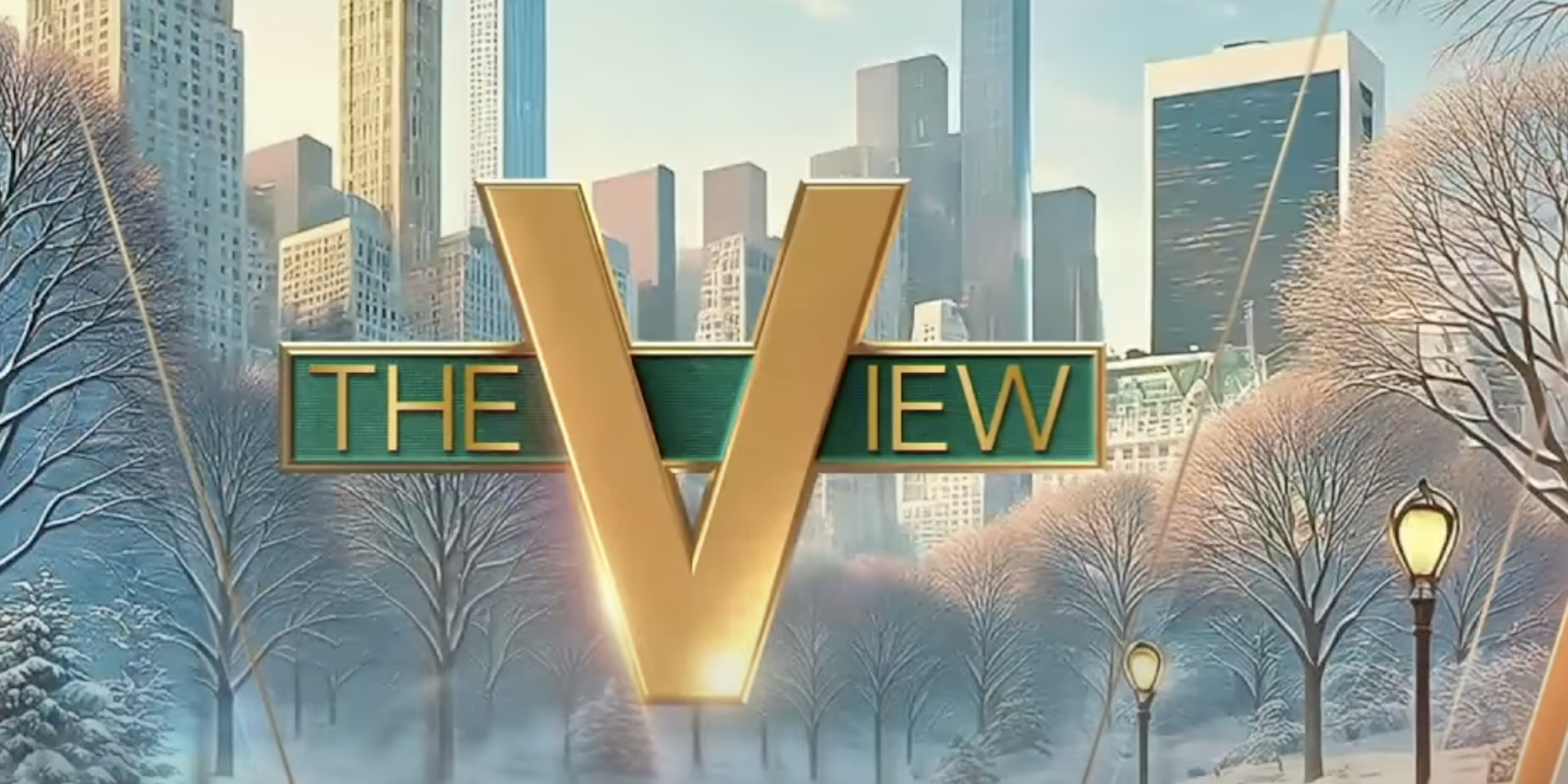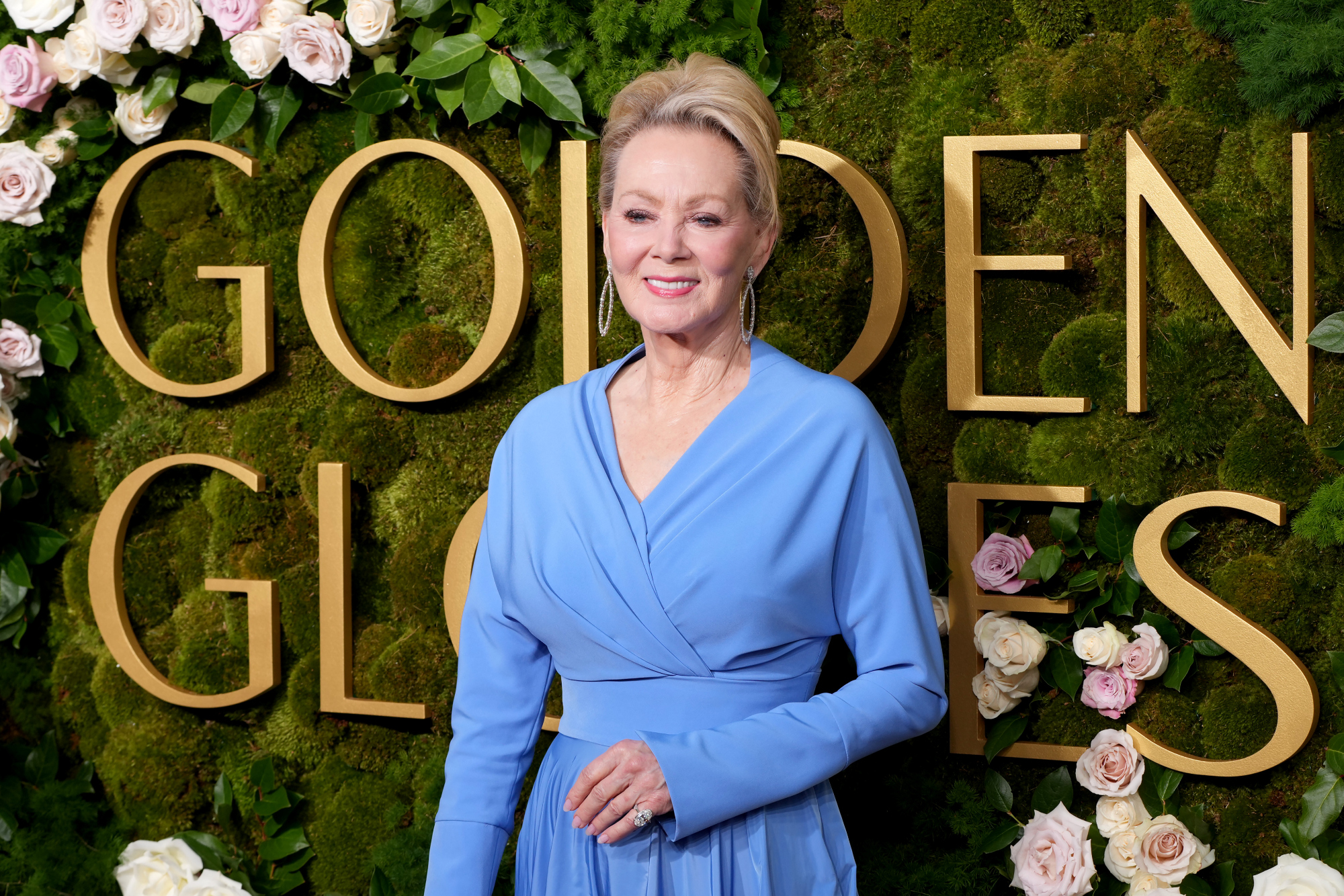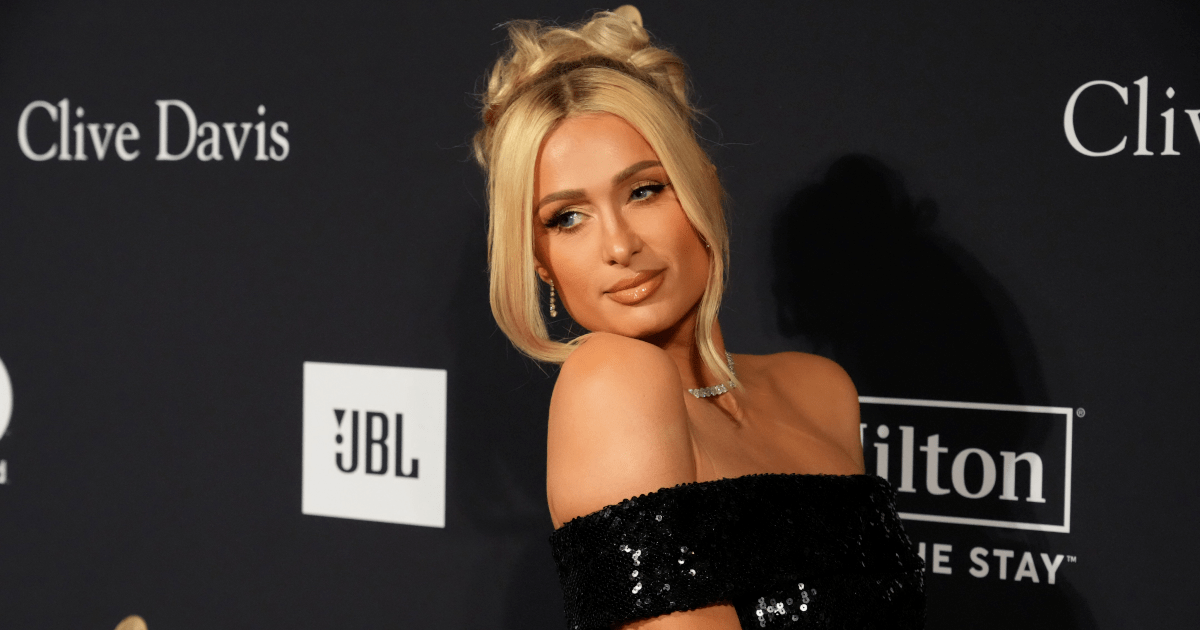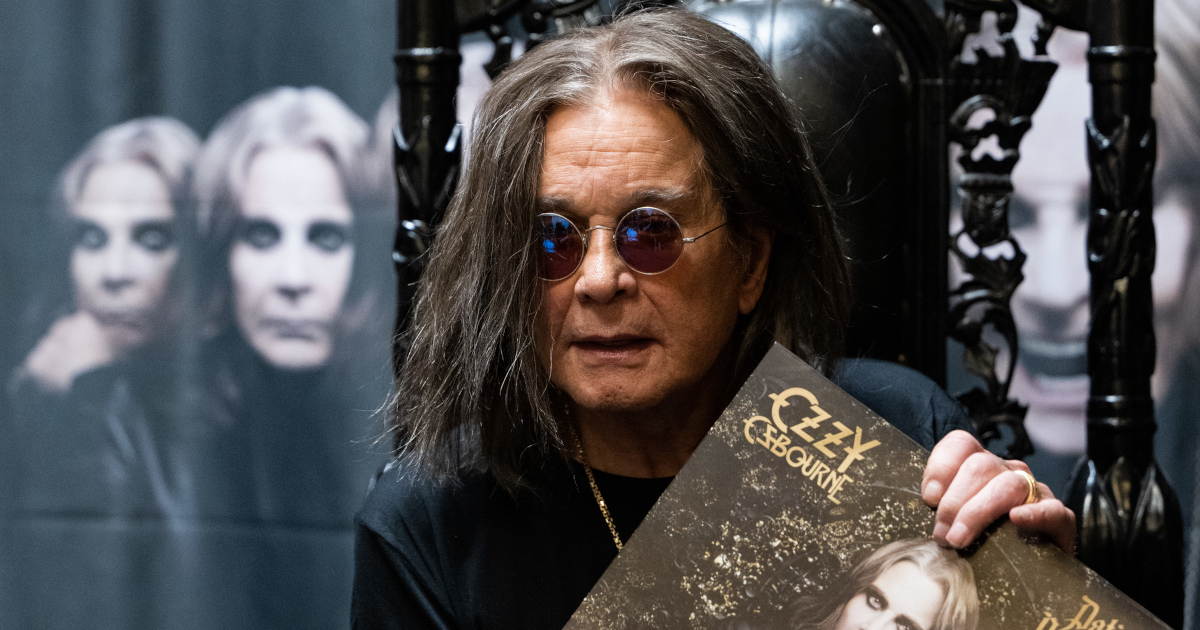How Lil Yachty Ditched Rap and Became the Rapper of 2023
It’s easy now to forget how we thought of Tyler, the Creator before 2017, but it’s worth recounting. As the leader of the Odd Future clique, he was considered something of a juvenile prankster, more known for his (admittedly offensive) provocations than his (admittedly many) talents. Taken at face value, he was a jester in a Supreme cap; Bart Simpson trading his slingshot for a cracked copy of Fruity Loops.
That changed, however, with the release of Tyler’s fourth album, Flower Boy. It was a revelation: candid, confessional, mature—all without losing its sense of adventurousness. Flower Boy was daring and at times gorgeous. Maybe that version of Tyler was lurking inside all along, but it came as somewhat of a shock to the larger listening public. (Including us here at The Ringer, who called the album “radiant” and said it seemed to be made with “more purpose” than anything he had tried previously.)
Tyler’s journey to Flower Boy feels relevant when discussing the most important figure in rap music of this year: Lil Yachty. Once dismissed as a “mumble rapper” or a red-braided featherweight, the rapper born Miles McCollum has undergone something of a transformation the past 12 months. The one-time King of Teens is grown now, and at 26 years old, he finds himself at a similar crossroads as Tyler did at that age.
Yachty’s metamorphosis has included several facets, from becoming something of a spiritual North Star for Drake to going viral with the most addictive song of his career, “Poland.” But when we talk about the renewed sense of artistry Yachty found in 2023, it begins with one thing: Let’s Start Here., his LP from January that does away with the “bubblegum trap” of earlier in his career and embraces vibey guitar music. It’s possibly the best album of his career—and almost certainly the biggest pivot any mainstream artist has made in the past few years. But more importantly, it’s a statement of intent that was, like Flower Boy, made with more purpose than anything he had previously attempted. “Fuck any of the albums I dropped before this one … I wanted to show people a different side of me—and that I can do anything,” the two-time Grammy-nominated artist told Billboard last spring.
Let’s Start Here. is the multi platinum-selling artist’s fifth studio album and first official full-length in three years. From the outside looking in, it seemed like Yachty was at peace with doing more of the same musically (save for “Poland”; more on that in a minute) and that his influence had plateaued. He had obviously branched out and stacked up wins in other areas—his 2021 mixtape Michigan Boy Boat is a cult favorite—but when it came to his own music the progression felt stagnant.
LSH, which is heavily inspired by Pink Floyd–esque psychedelic rock, replaces Yachty’s sticky refrains, trap production, and tongue-in-cheek rhymes with reverberating vocals, drawn out live instrumentation, and very little wordplay. It’s also important to mention that he had a hand in producing 12 of the 14 tracks. Many of Yachty’s past projects have been predominantly feature-heavy, enlisting high-profile names ranging from Future to Vince Staples, but LSH is noticeably stripped back. The album has a seven-minute intro whose back half is completely devoid of lyrics. This is planets away from the repetitive earworms of his early career like “Minnesota” and “Peek A Boo.” That said, he doesn’t totally leave his trademark intoxicating melodies behind on LSH. “sAy sOMETHINg” and “paint THE sky,” a pair of back-to-back highlights, show what’s possible when he finds the right balance between his distinctly stretchy, auto-tuned riffs and the multilayered, slowed instrumentals.
Conversely, “drive ME crazy!” exemplifies one of the many moments where Yachty takes the backseat and lets his supporting cast take center stage. The love song opens with a groovy baseline and Diana Gordon’s voice gliding over a bed of high-pitched strings. Yachty matches her energy with his own crooning before his verse is hijacked by a kaleidoscope of synths that drown him out. He returns on the back end, closing out the song with a rare bit of rapping over a laid-back, snare drum-laced beat. It’s some of his most thoughtful work to date.
LSH is by no means a perfect album, and Yachty’s shortcomings are exposed on tracks where it sounds like he’s wearing his influences a little too much on his sleeve. Upon multiple spins, both “running out of time” and “THE zone~” feel closer to Tame Impala cosplay than anything groundbreaking.
Yachty’s always been known for being versatile and chameleonic, but not to the degree of making full-on, drug-inspired rock music, so to describe this as a creative risk is quite apt. However, the calculated gambit ended up marking a series of career bests for Yachty. LSH debuted at No. 1 on three separate Billboard charts, became his highest rated album on Metacritic, and earned endorsements from sources as varied as Questlove to Anthony Fantano. But while a lot has been written about LSH and Yachty’s intentional move away from raps, the heat check that came next is equally as interesting.
Starting in April with “Strike (Holster),” Yachty converted tracks from an already recorded rap album into a handful of singles he released over the next five months. The songs in question—“Slide,” “Solo Steppin Crete Boy,” “Tesla,” and “The Secret Recipe.”—range from a freestyle with online superstar Kai Cenat to going bar-for-bar with one of hip-hop’s finest, J. Cole. These weren’t just a few loosies he was trying to pump out before his next album, either; each song had a corresponding music video to match and felt aesthetically different from the last.
More importantly, the songs felt fresh and his writing felt much more polished than in many of his earlier rap efforts (the less we talk about “COUNT ME IN,” the better). The decision to return to his roots in between non-rap projects is smart for a few reasons. It holds over his day-one fans by playing the hits, it sustains the buzz he generated from LSH without over saturating the market, and it gives him a chance to move the needle on the long-standing narrative that he isn’t a “serious” rapper (a notion that’s plagued his career). There will always be those who question Yachty’s lyrical ability, but if nothing else, these drops showcase a noticeably refined pen game without losing his special knack for generating legitimate bangers.
This is a sharp shift from a few years back, when Yachty was (wrongly) seen as more of a mushed-mouth interloper than a capital-A Artist. His rapid rise was met with harsh backlash almost immediately due to some combination of Yachty’s perceived allergy to lyricism in his music and an indifference for rap’s history and the legends who came before him. After Yachty revealed that he didn’t take the storied art form seriously during a Hot 97 interview, the floodgates opened and many of the genre’s veteran gatekeepers (the old heads) stepped up to take their shots. Funkmaster Flex took to the airwaves to disparage Yachty’s lack of bars, Ebro Darden, who conducted said interview, went back and forth with him online, and Joe Budden said point-blank that he isn’t hip-hop.
Fast-forward to November of this year and Yachty is still ruffling the feathers of rap traditionalists, but this time—in an ironic turn of events—from the other side of the aisle. “The place that hip-hop is in right now is a terrible place … it’s a lot of imitation. It’s a lot of quick, low-quality music being put out. It’s trendy. It’s a lot less risk-taking. It’s a lot less originality,” he said at a Rolling Stone event.
How did Yachty—the same artist who was once maligned for “ruining the culture”—reach a point where he feels empowered enough to act as a spokesperson and critique the very same genre that tried to reject him?
Well, having influence over the biggest artist rap has ever seen certainly bolsters his credibility on the subject.
“This lil Drizzy reppin’ Crete.”
Those are the opening words on “Another Late Night,” a memorable cut from one of the most popular albums of the year, Drake’s For All the Dogs. On the surface, the lyric is a simple hat tip from the Canadian megastar to Lil Yachty (and his blossoming label Concrete Boyz), who spits the song’s infamous second verse and is credited as a co-producer. But after digging deeper and reflecting on the past 12 months for Yachty, that line—and by extension the song—serves as a fitting microcosm of his 2023 run, which is inextricably linked to a fruitful friendship-turned-partnership with Drake.
Rewind the clock back to the end of 2022, and two important developments occur: the accidental virality of hit single “Poland” and the start of that Drake alliance. Last October, a snippet of a new Lil Yachty song leaked online and rapidly took over TikTok, so much so that he was all but forced to drop it. Yachty even admitted that he recorded it as a joke and never planned to have it come out. Just days later “Poland” became his only solo release of that year. The song’s catchy hook and extraterrestrial beat set the internet ablaze almost immediately upon its streaming arrival. “Poland” is now up to more than 130 million streams on Spotify (The Ringer’s parent company) and over 30 million views on its accompanying Lyrical Lemonade music video. Not bad for an accident.
Not even a month removed from the “Poland” takeover, Yachty showed up all over Drake and 21 Savage’s surprise collab album, Her Loss. He appeared not as a featured act but instead as an executive producer of sorts, receiving co-production credits on a fourth of the tracklist. He also supplied a handful of ad-libs on “BackOutsideBoyz” and “Jumbotron Shit Poppin” and even claimed to have chosen the project’s cover art as well. (At least he didn’t go with an AI image, like he did for nightmare fuel on Let’s Start Here.)
Yachty’s involvement on the album felt like a test run from Drake to see if their
budding bromance could evolve into a prosperous musical union as well as prove that their past chemistry on “Oprah’s Bank Account” wasn’t a fluke. And boy did Yachty pass with flying colors. Their collaboration on Her Loss launched a close working relationship between the two, as evidenced by his influence pouring over onto For All the Dogs.
The Concrete Boyz CEO and October’s Very Own boss linked back up for seconds on Drake’s eighth studio album. Yachty’s fingerprints are all over the project with five co-production credits as well as his verse on “Another Late Night,” which is the first time he’s been listed as an official feature on one of Drizzy’s songs. And this doesn’t even include two more co-production nods on Drake’s Scary Hours 3, a six-pack EP doubling as a FATD deluxe edition. Dating back to last November, that brings the total number of Yachty-produced Drake songs up to 12. Simply put, Her Loss and FATD don’t exist without Lil Yachty. The frequent collaborators have formed an inseparable bond over the last year plus, which has simultaneously impacted the 6 God’s output and elevated Yachty’s commercial ceiling.
Yachty is no stranger to stardom, having featured on a couple of top-five Billboard Hot 100 hits (“Broccoli” and “iSpy”), being named to the now-iconic 2016 XXL Freshman Class, modeling for Yeezy Season 3, and racking up millions of streams, all before he was legally old enough to drink. Additionally, he had cemented his status among rap fans and critics alike as a SoundCloud favorite born out of the so-called “mumble rap” era. His influence can be seen in the likes of Juice WRLD, Trippie Redd, Lil Tecca, and Yeat—all artists who shaped the past half-decade of rap music in their own right.
Still, there’s nothing quite like the Drake stimulus package. According to Hip Hop By The Numbers, Yachty’s appearance on FATD subsequently boosted his monthly listeners on Spotify by a whopping 40 percent.
Over the years, Drake’s become notorious for attaching himself to the coattails of various artists—adopting the Weeknd’s moody aesthetics, Playboi Carti’s flow, Bad Bunny’s language, Skepta’s U.K. slang, the list goes on—as they just so happen to be peaking in their respective lanes. He’s pretty much got it down to a science at this point: He’ll seek out the hottest sound, find an artist who’s spearheading it, and pair up with them so it doesn’t come off like he’s fully biting their style. In Yachty’s case, it doesn’t hurt that he and Drake seem to be genuine BFFs outside of the booth, but it’s also an endorsement of his musical worldview. Drake said it best on “Wick Man”: “Boat say he the recipe, I must be the key ingredient.”
Now it’s up to Yachty to use that recipe for himself. His past year hasn’t been without its blemishes—awkwardly minimizing rapper Sexxy Red’s trauma on his podcast, singling out a Pitchfork critic for simply doing his job, calling internet trolls “gay,” and getting sued by the SEC among them—but Yachty is operating on a different plane now. He’s got more visibility, and it’s reasonable to expect that he’ll be more in-demand as a producer. (His work with City Girls on “Act Up” shows that he’s more than just a Drake-hit wonder.) The Aubrey co-sign has a mixed track record on helping the artist he’s borrowing from—ask Earl Sweatshirt his opinions on that—but given Yachty’s history and stature, he’s more likely to end up a Lil Baby than a BlocBoy JB. And he seems intent on making sure of it—as he told Variety, he’s already planning another non-rap LP for the new year, which could explore sounds beyond what he experimented with on Let’s Start Here.
It’s similar to the situation Tyler, the Creator found himself in coming out of 2017. Tyler could’ve easily rested on his laurels after Flower Boy, but instead he doubled down. (His fifth full-length, IGOR, was an even bolder artistic risk than Flower Boy and won him a Grammy; it’s a perfect album.) He’d later return to a more conventional approach with his 2021 Gangsta Grillz homage, Call Me If You Get Lost, but he did so from a position of power: having changed the trajectory of his career and earned the respect of even his most vehement doubters. Yachty took note: “He’s [Tyler, the Creator] the reason I made this album. He’s the one who told me to do it, just go for it. He’s so confident and I have so much respect for him because he takes me seriously, and he always has,” he said in March.
If the past 12 months have done anything for Yachty, they’ve made it clear we should take him as seriously as Tyler takes him—and he takes himself. But if he’s learned anything from Tyler, 2023 simply could be a launchpad into yet another transformation. Yachty titled his big pivot Let’s Start Here., because to him, it’s just the beginning of something. What happens next is arguably more interesting, even if the ending remains a question mark.







